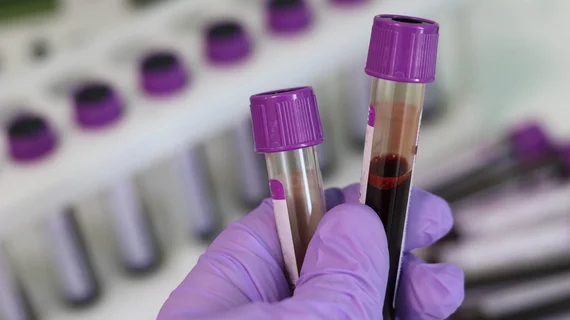AI-based COVID screening tools prove useful in emergency, admitting departments
Oxford researchers have developed and prospectively validated two AI tools that can quickly screen hospital patients for COVID-19 using routine clinical data.
They designed one tool for use in inpatient admitting and another for the ED. Both tools leverage health data that’s usually available within an hour of the patient’s arrival at either department.
Andrew Soltan, MB BChir, and colleagues describe their work in a study running in The Lancet Digital Health.
“Our ED and admissions models effectively identified patients with COVID-19 among all patients presenting and admitted to hospital,” the authors write. “On validation, using prospective cohorts of all patients presenting or admitted to the Oxford University Hospitals, our models achieved high accuracies and [high] negative predictive values compared with PCR test results.”
The latter has limited sensitivity for ruling out COVID, the authors note, and can take up to 72 hours to produce results.
Soltan and co-authors suggest their algorithms be considered for wide deployment not only to rule out COVID but also to assist with care decisions, guide safe patient transport and serve as a pretest for diagnostic molecular testing.
The study is available in full for free.

